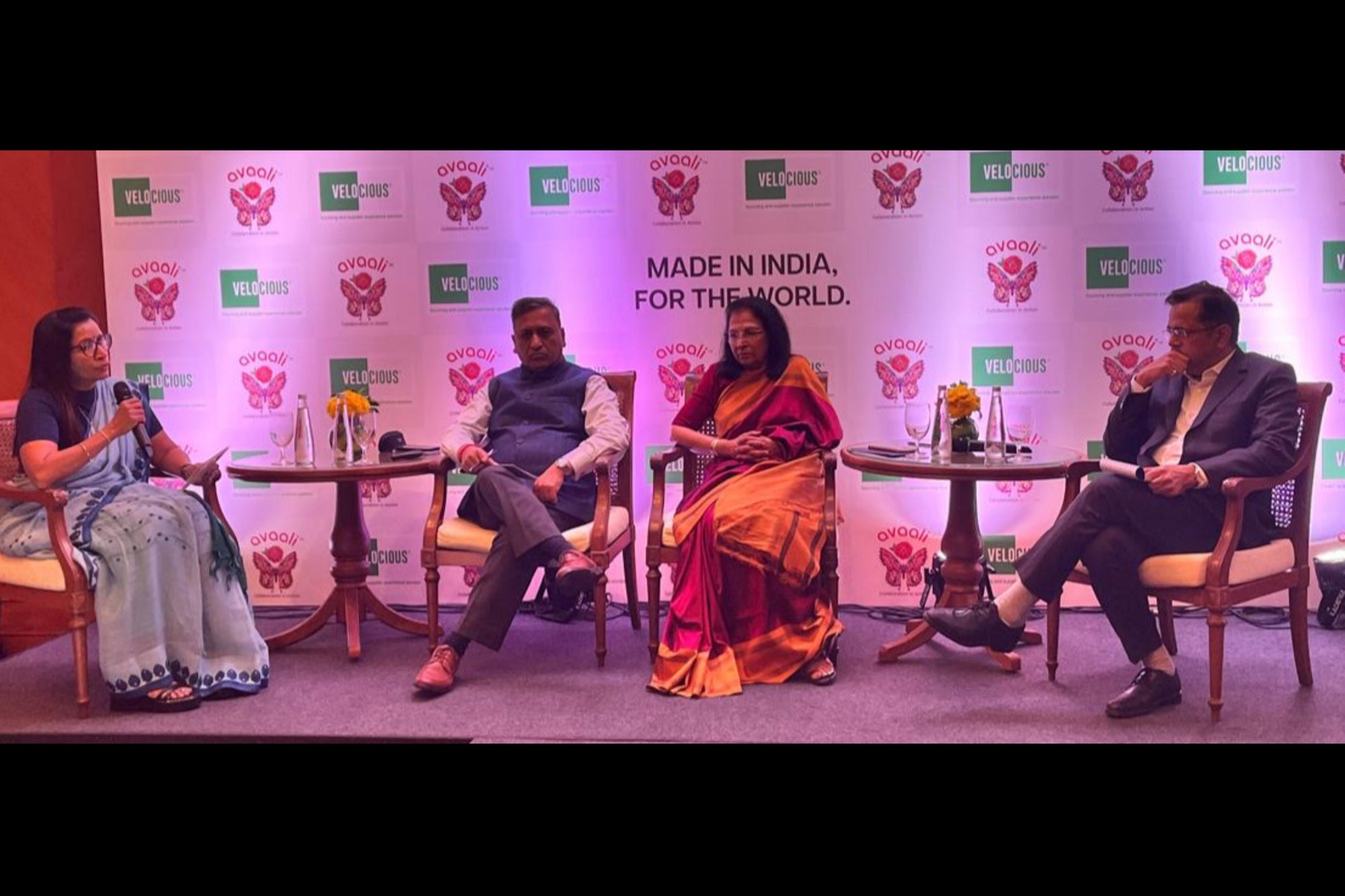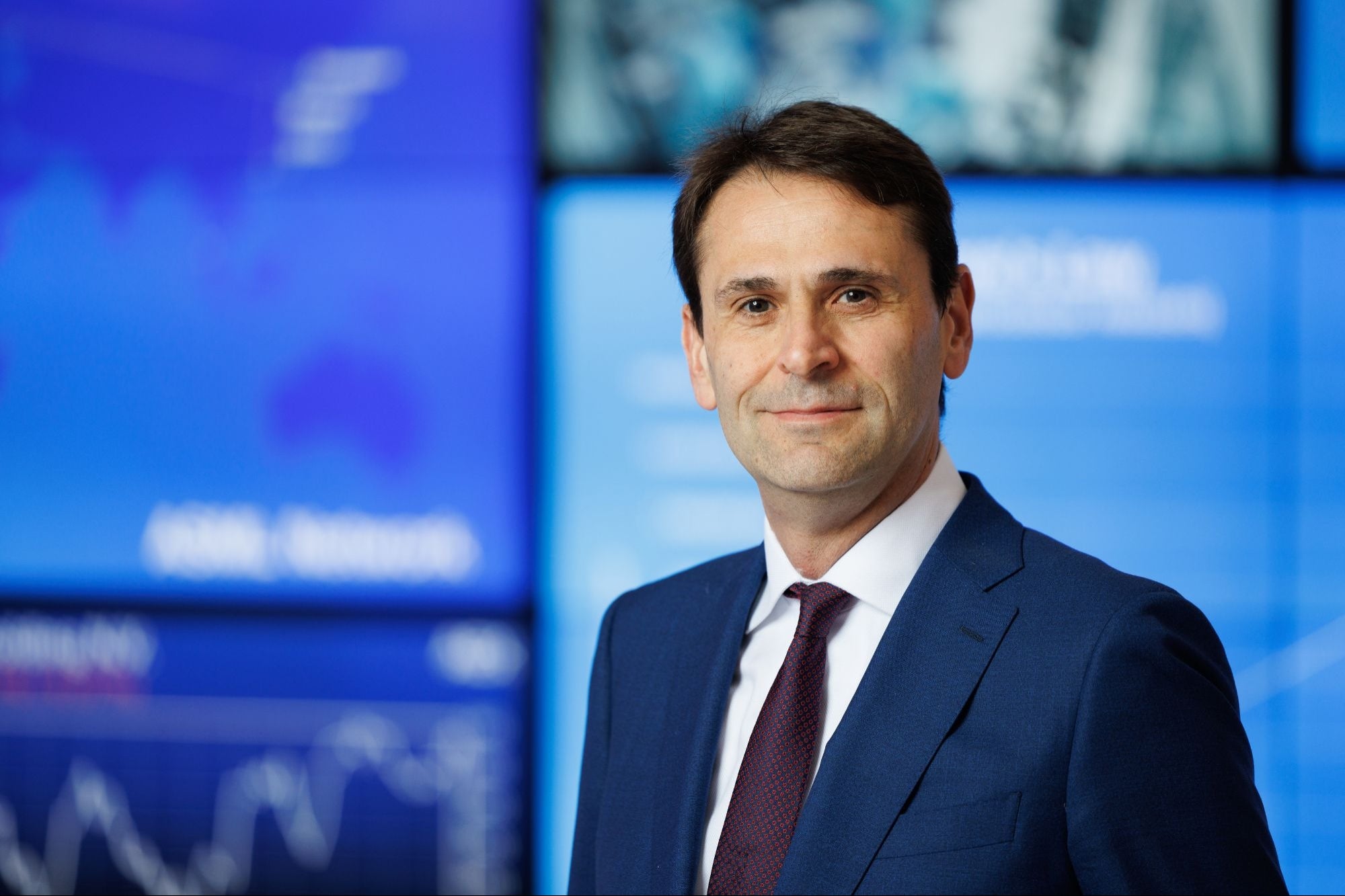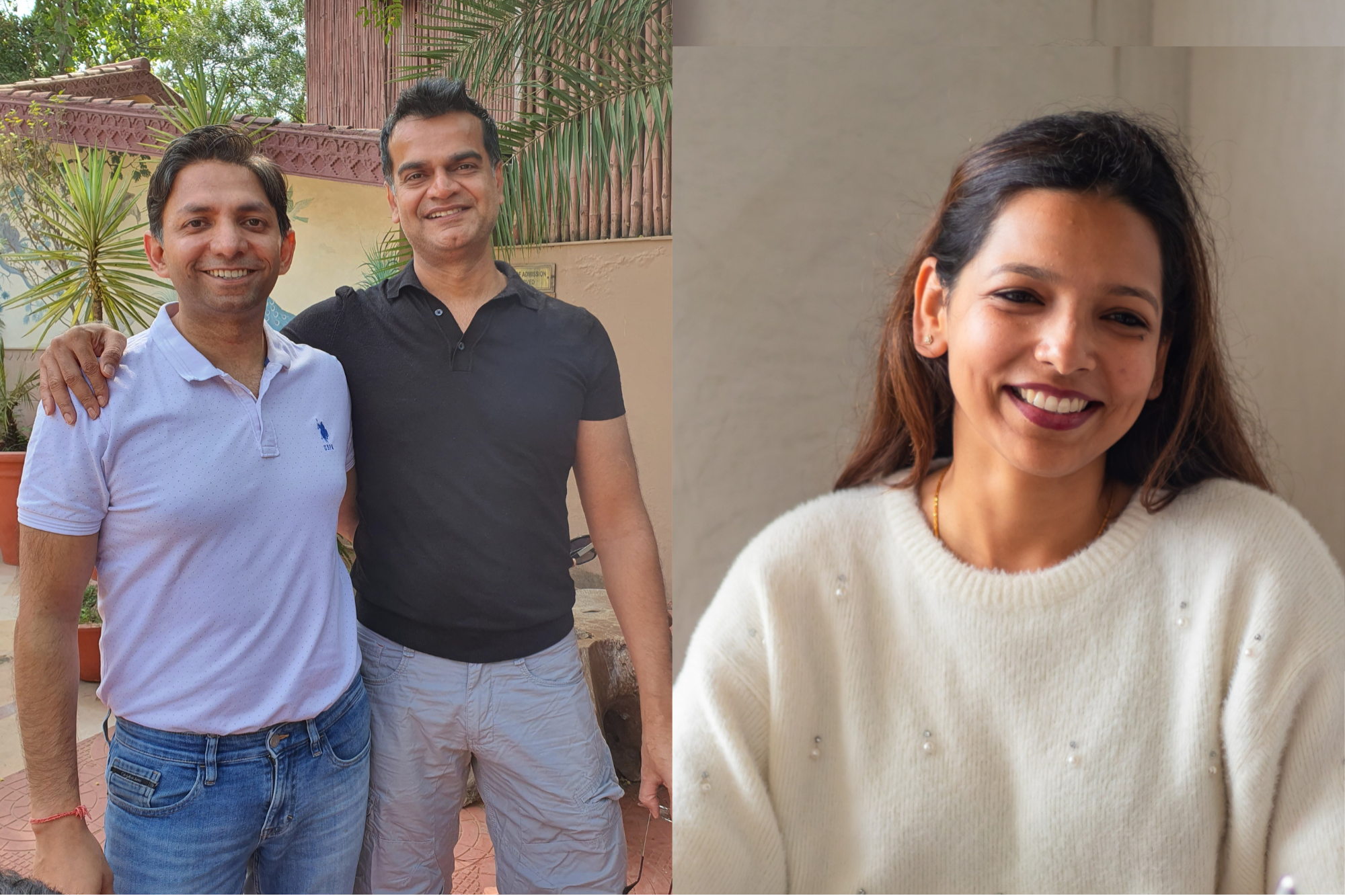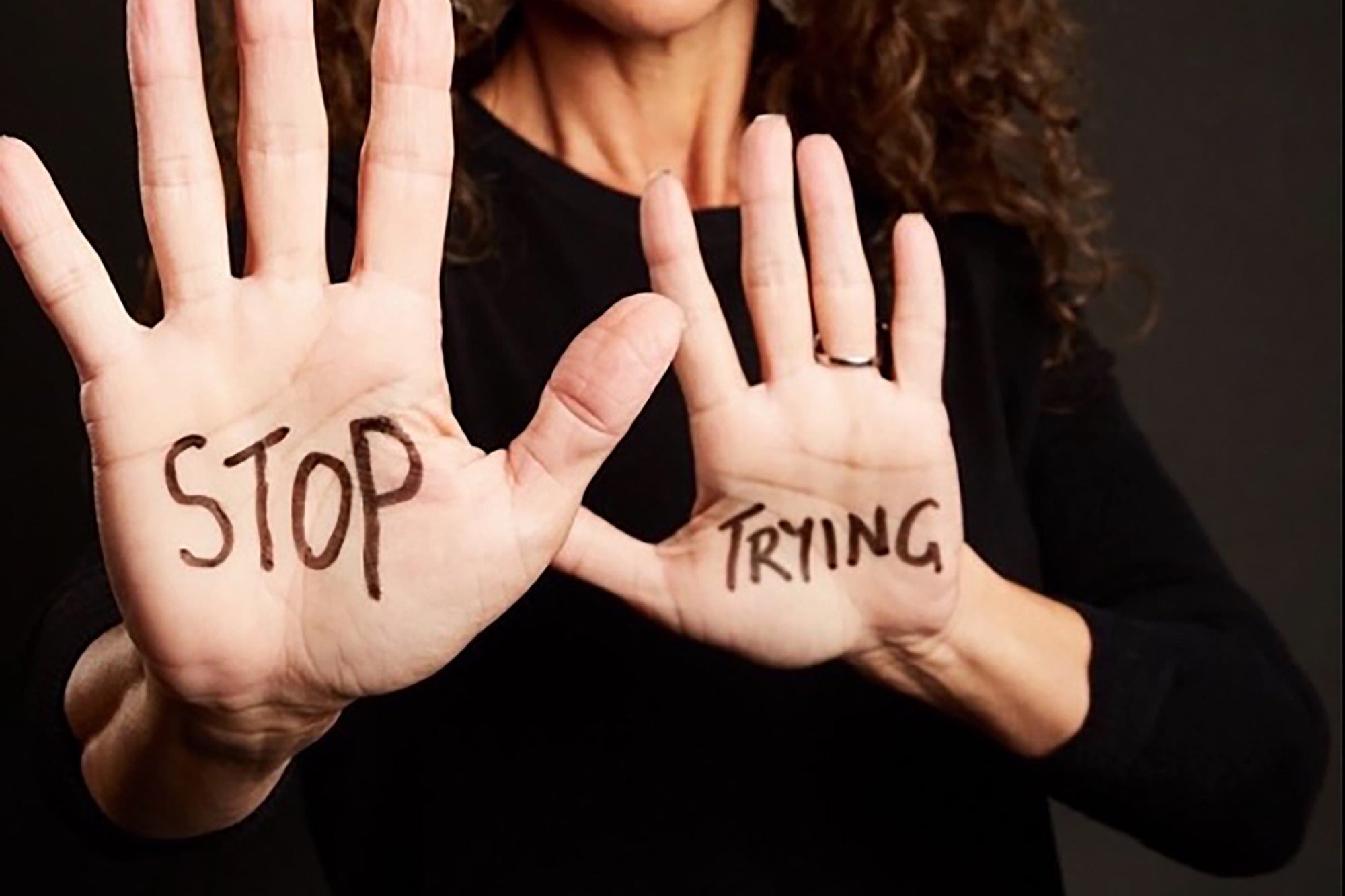Taking Cue from Kris Gopalakrishnan – How Should Startups Face Difficult Times Keep the fixed cost as low as possible; keep the variable cost directly proportional to the revenue
You're reading Entrepreneur India, an international franchise of Entrepreneur Media.

The Indian startup environment is witnessing some of its biggest behemoths being hit with markdowns and conduct layoffs. Times are tough and it's situations like these wherein the true mettle of entrepreneurs can be tested! Kris Gopalakrishnan, co-founder of Indian IT giant Infosys, has seen both tough and glory days. But both these scenarios hadn't perturbed growth at the company.
Speaking at an event conducted by startup co-working space Bhive Workspace, Kris said that the preparation for any challenge or downturn by a company happens early on. "It starts by having a philosophy – you have to think about building an institution, building a company that will last beyond its founders. Always think about building a sustainable business," he said.
Talking about how one should go about building a sustainable company, Kris noted that one should look at sustainable leadership, checking profitability and funding requirement, one must have a clear roadmap for the next two years as to how the company should be funded and have an excellent idea about the business model.
Kris further added, "If something bad happens what are the costs that you can cut. One must have that flexibility. Keep the fixed cost as low as possible. Keep the variable cost directly proportional to the revenue. So that when the revenue goes down, the variable costs go down."
Withstanding 2008 financial crisis at Infosys
Talking about dealing with the financial crisis in 2008, Kris said that since Infosys had to plan recruitment plans 18 months ahead. "We had made 25,000 offers between October 2007 to January 2008 at campuses. When the meltdown happened we knew our growth rate would plummet. From 35 percent growth rate we went to 3 percent growth rate," Kris said, who now is the Chairman at Axilor Ventures is now.
Infosys, which back then had already promised jobs to thousands of employees, honoured those offers as it had the ability to absorb those costs. The company had decided to extend the training period from three months to six months.
Kris said that one should have a very clear risk mitigation plan. "The resilience has to be built through the financial model, the risk mitigation model, the business model, the leadership has to understand how the business has to function," he added.












